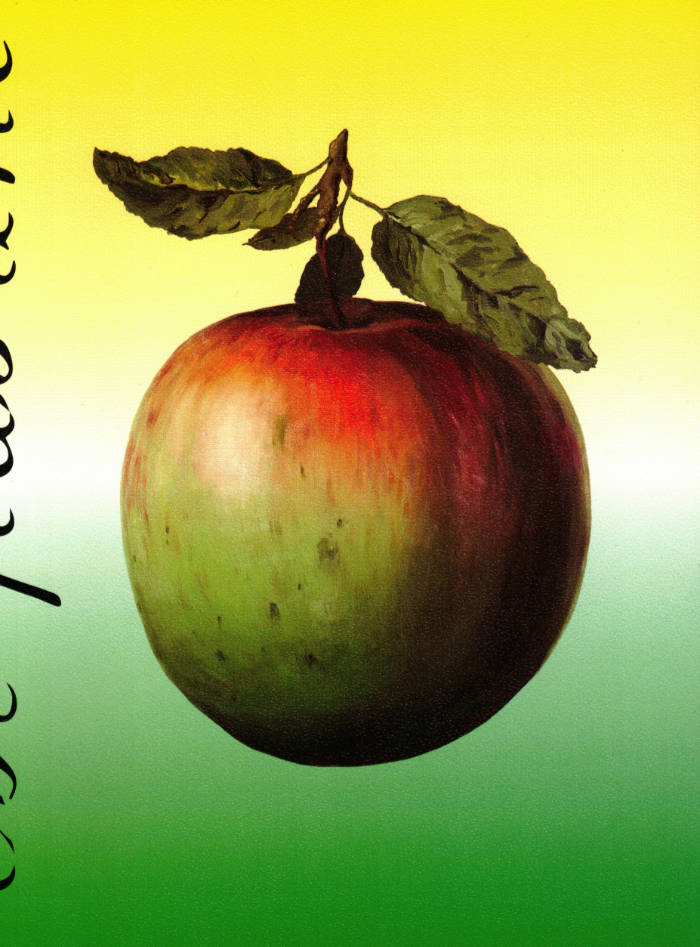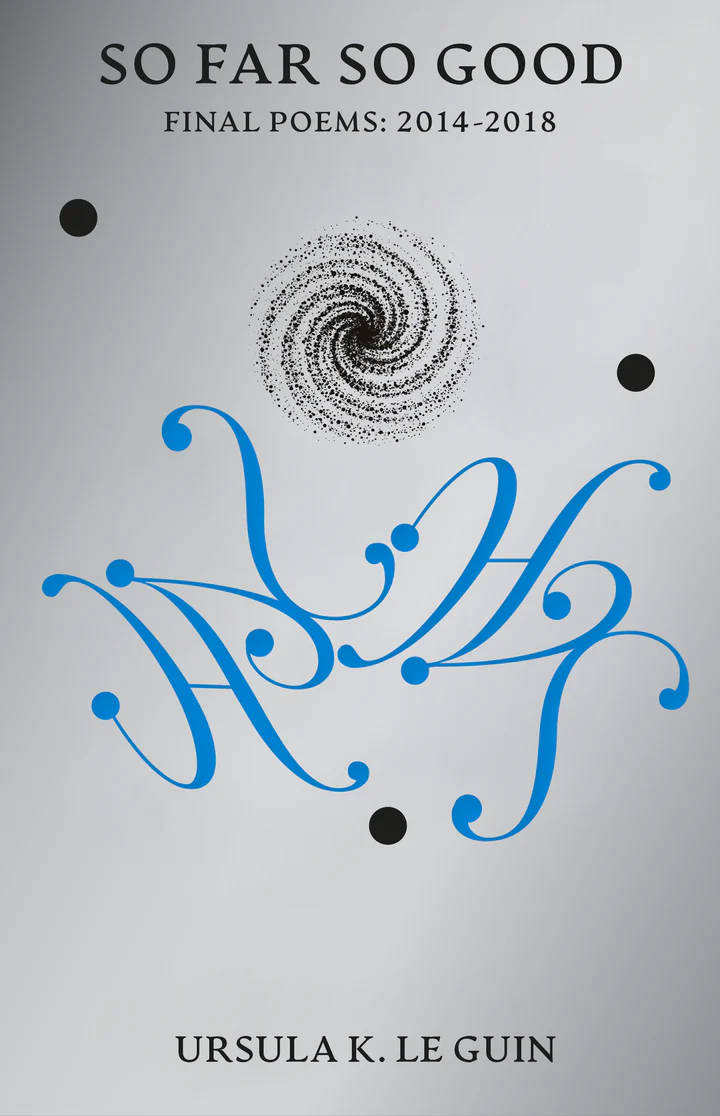
The Material Kinship Reader
Kris Dittel, Clementine Edwards
What does it mean to acknowledge one’s closeness to, enmeshment in or even kinship with the material world? And what does it mean to question family structures – the way they organise, coerce and make deviant certain lifeforms – and dwell in other possibilities of kin-making?
Not just a jolly rethinking of objects or a polyamorous romp through relationships, The Material Kinship Reader reckons with the extractavist histories of materials and the social relations that frame much of contemporary life.
Spanning fiction and theory, the collection of texts expand the idea of an artist’s book by bringing words into conversation with an aesthetic proposition. Clementine Edwards’ artwork is the visual weft to the book’s written net. From colonial conquest to climate collapse, The Material Kinship Reader tells toxic and tender stories of interdependence among all things sentient and insentient.
Including contributions by Sara Ahmed, Hana Pera Aoake, Roland Barthes, Joannie Baumgärtner, Heather Davis, Kris Dittel, Clementine Edwards, Ama Josephine B. Johnstone, Robin Wall Kimmerer, Ursula K. Le Guin, Sophie Lewis, Steven Millhauser, Jena Myung, Aileen Moreton-Robinson, Michelle Murphy, Ada M. Patterson, Kim TallBear and Michelle Tea







